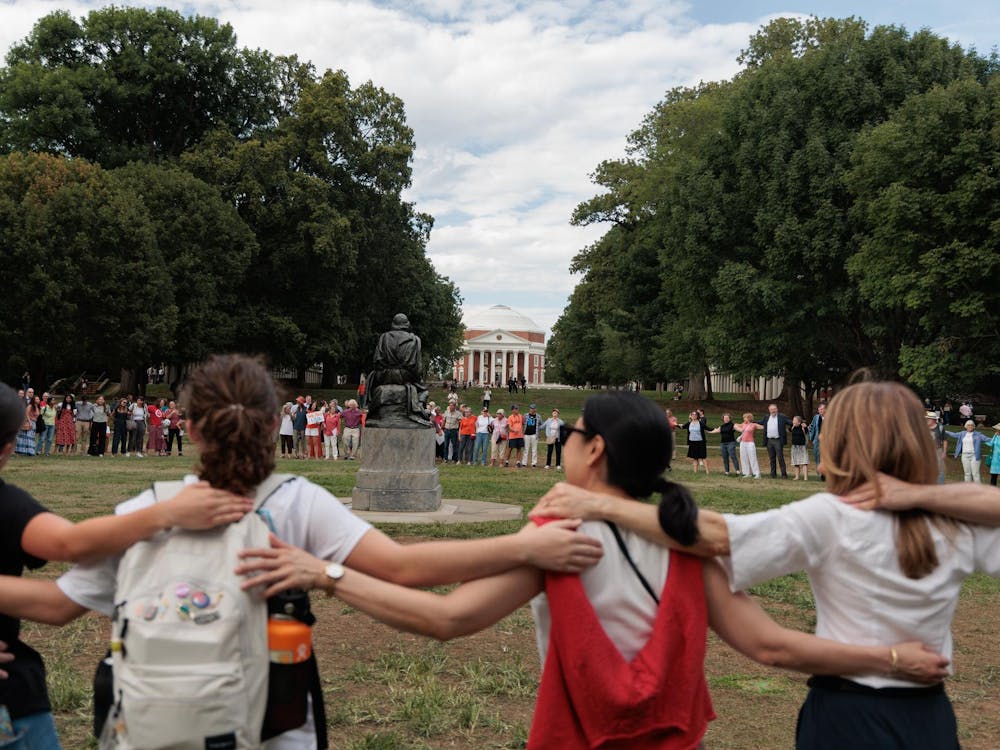Two proposals to amend the Honor Committee's bylaws regarding pre-trial evidence were discussed at last night's meeting.
The first, proposed by the Procedures Ad-Hoc Committee, seeks to elaborate on rules dealing with the exclusion of evidence. According to the proposal, the rules excluding evidence are "far more prejudicial than probative."
The Committee has four criteria of inadmissible evidence. The ad-hoc committee wishes to clarify one of these criteria, which currently reads "evidence as to which its probative value is far outweighed by its potentially prejudicial effect on the panel." The proposal suggests adding the word "unfair" before "prejudicial effect on the panel" to make the definition of prejudicial more specific.
"'Prejudicial' means something different in everyday English than it does in legal English," Medical School Rep. Alex Hawkins said. "The general consensus is that this is a good change."
The ad-hoc committee defines "unfair prejudice" as "an undue tendency to suggest decision on an improper basis, commonly, though not necessarily, an emotional one."
According to Hawkins, the Procedures Ad-Hoc Committee supports the bylaw change for several reasons. He noted that a clearer wording "codifies a clear and simple guide for all parties involved," and added that the change "will allow for more facts to be presented to the jury."
The second proposal, however, saw more debate.
Proposed by Josh Hess, vice chair for community relations, this proposal seeks to change rules regarding pre-trial evidence written in the Honor Committee's training manuals. The manuals state evidence with questionable relevance should be decided in the accused student's favor. Deciding in favor of the accused student is "inconsistent with the pursuit of truth," according to the proposal. Hess wishes to change the rule so evidence admission is not ruled upon in any party's favor and to then incorporate this rule into the Committee's bylaws.
The proposed amendment reads, "The merits of evidentiary motions should be considered in light of a presumption in favor of the admissibility of evidence and testimony."
"We're eliminating a presumption in favor of anybody's interest," Hess said.
Though members of the Committee agreed with the proposed change to the manual, some Committee members felt it did not need to be implemented into the bylaws.
"The problem right now is in the training manual," Hawkins said. "If it's a problem with training, fix the problem with training."
Vice Chair for Trials Brian O'Neill echoed Hawkins' sentiments.
"It's a nuanced issue that really relates to training rather than something in the bylaws," O'Neill said.
Hess maintained his position that the proposal would not be a nuanced change but rather an important one that should be incorporated into Honor's governing documents.
"This is a rule that in my experience is deeply ingrained in our system," Hess said. "I think that just changing the way we train does not guarantee success.?"
Architecture Rep. Linda Bartusiak noted the importance of bylaws, as they are the Committee's way of speaking to the public and the University community.
The Committee may vote on both proposals toward the end of the semester.






